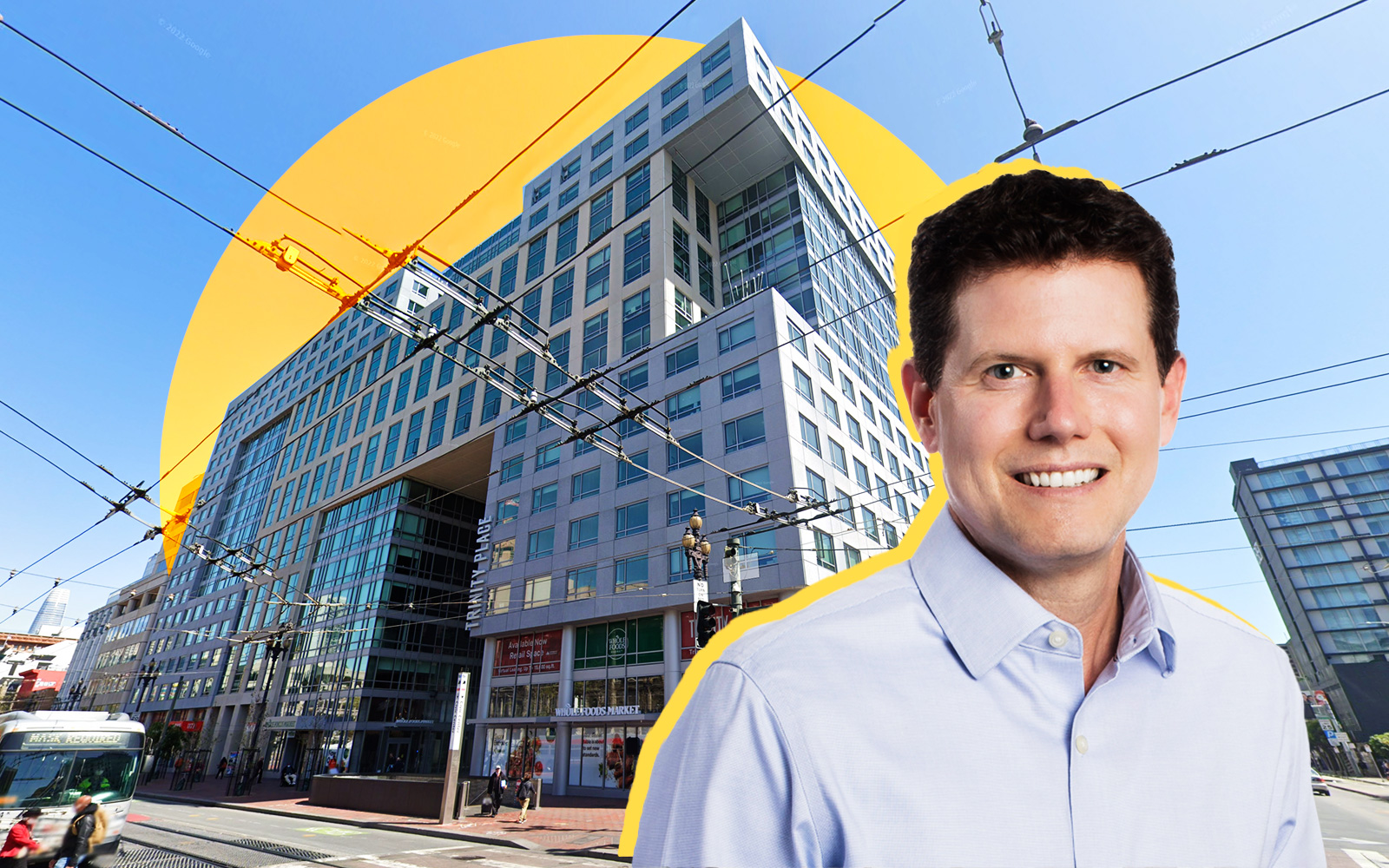Blame San Francisco’s record number of empty offices. Or crummy street conditions. Or the mostly vegetarian grub at the once-anticipated food court nearby.
Saluhall, a food hall anchored by an 87,000-square-foot IKEA store at 945 Market Street, has sputtered, the San Francisco Chronicle reported.
Nearly a year ago, the two-story food court opened to great fanfare, with 11 vendors dishing out mostly vegan and vegetarian fare.
Only seven will soon be left.
Downstairs, Saluhall has closed two of its proprietary food outlets. Upstairs, two independents are moving out, leaving two unfilled vacancies, according to the Chronicle.
The problem: a lack of business, Raul Medina, the chef-owner of Taqueria La Venganza, who recently announced his vegan taqueria would be pulling out, told the Chronicle. “We hardly made money this year,” he said.
Saluhall, with one new vendor in the works, has placed all its hopes on a public relations push — hiring locally based AF&Co to promote the food court.
Ideas include ads highlighting individual vendors. Or events like college basketball championship watch parties. Painting parties featuring drinks. Collaborations with the nearby Warfield Theater. Or its “drag bingo brunch” and a Monday trivia night.
Too little, too late, Medina said. “The things they’re doing now are things they should have done since the beginning,” he told the Chronicle.
Saluhall, planned before the pandemic by IKEA’s parent company and real estate arm, Ingka Centres, drew heavy hopes for a downtown revival, where 37 percent of the city’s offices are dark. As The Real Deal reported, San Francisco had 47.5 percent fewer office visits last month, compared to February 2019, before the pandemic.
Dining options spotlighted vegan dishes, developed in a partnership with the cofounder of famed restaurant Noma. Some of those original vendors are gone, replaced by others.
Saluhall management did not provide any specific visitor counts, which it measures by footfall counters and other data services.
Kayma owners Mounir Bahloul and his wife Wafa take turns serving Algerian dishes like shakshuka, spiced fries and bowls of couscous.
Like Medina, Bahloul said the first couple of months looked promising. But come summer, hype over the new buzzy food hall died down. Sales slowed to a crawl. “Compared to that high point, my sales are down 70 percent,” Bahloul told the Chronicle.
Bahloul partially laid the blame on poor public safety in Mid-Market, which has driven pedestrians away from the hall. Even if there is security inside, he feels it makes no difference if there isn’t a critical mass of customers. “If there’s no foot traffic, there’s no sales,” he said.
A month after the food hall opened in April, Ingka Centres emailed San Francisco police and the nonprofit Urban Alchemy to complain about dire street conditions around IKEA, specifically near the garage.
“Visitors are refusing to park in our building because of Stevenson Street conditions. This is also resulting in loss revenue daily,” the Ingka Centres representative wrote, citing damage to exit doors from urine and feces, as well as alleged arson and trespassing.
“We’ve also had incidents where people are refusing to move for vehicles to drive as well as people completely on drugs sleeping in the middle of the road.”
A slew of stores across San Francisco have closed, citing street conditions. A year after it opened a flagship store in Mid-Market, Whole Foods closed its doors in Mid-Market to protect the safety of its employees.
Read more


